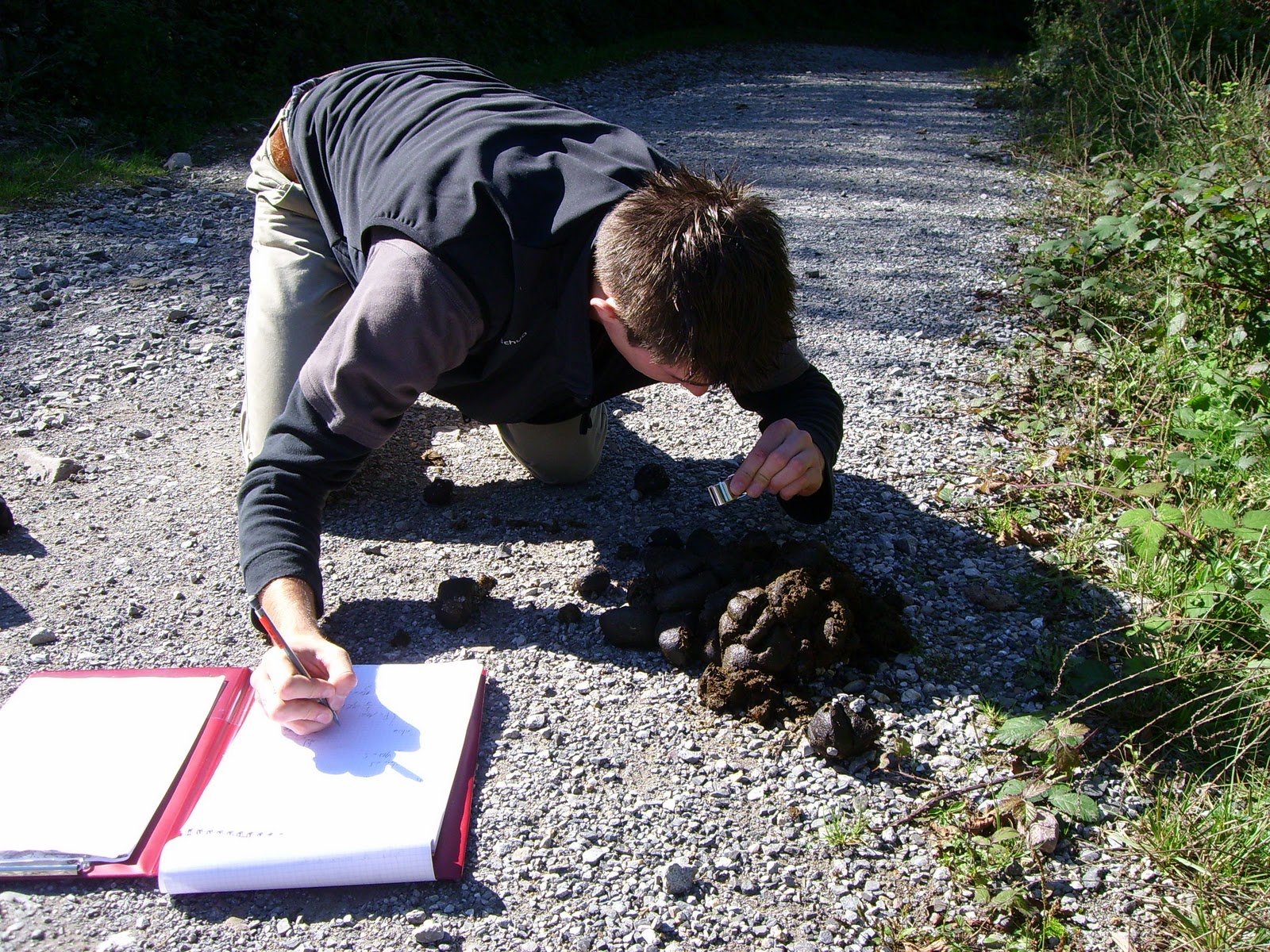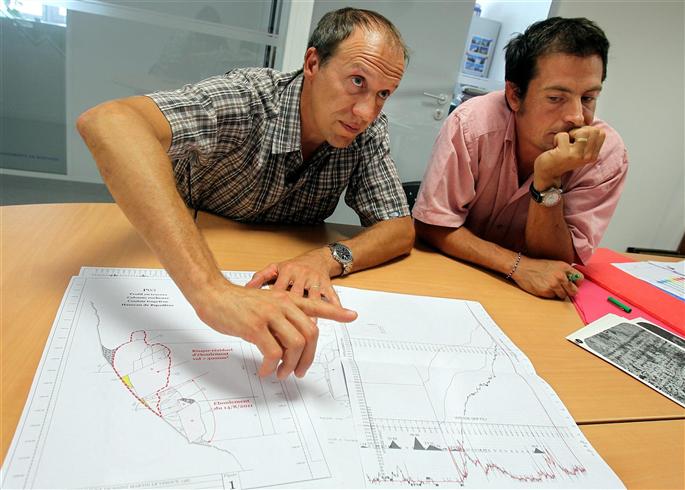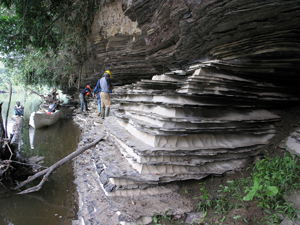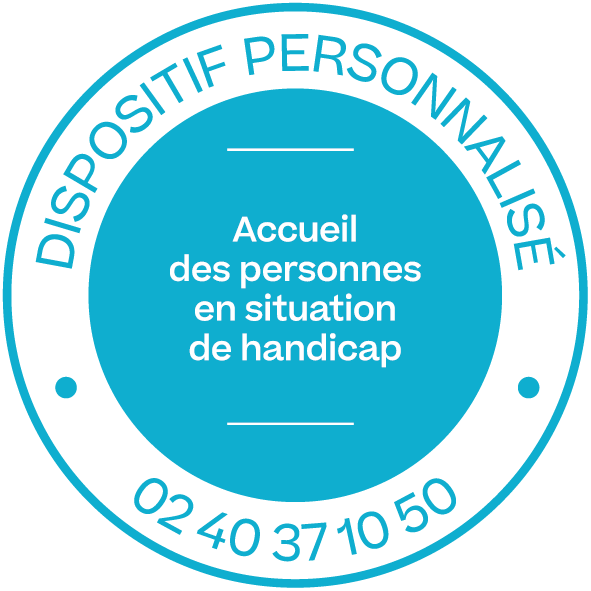The aim of the
two internships in
M1 and
M2 is to introduce the student to
professional life in industry, administration or research. These internships can be carried out in
any establishment (private or public) whose field of activity is related to the Environment, Earth Sciences or Planetology: research laboratories of Nantes University or other universities, private companies or public organisations. Internships may be carried out
in France or abroad. The
M1 internship can also be validated by the student's registration for the
Entrepreneuriales.
In M1, the minimum duration of the internship is
2 months but we strongly encourage students to do longer internships
(up to 5 months), including the spring and/or summer holidays.
In M2, the internship starts in January or February. It must last between
5 and 6 months.
If students carry out an internship
in France lasting more than two months (within the legal limit of 6 months), they must receive a bonus, whether the internship takes place in a company or in a research laboratory, in accordance with the decree of 21 July 2009.
Each internship is the subject of an
agreement between the University, the intern and the host organisation, in which the subject of the internship, the name of the professional supervisor and that of the university teacher-referent are indicated. The
professional supervisor supervises the work of the trainee. The
teacher-referent's role is to ensure that the internship runs smoothly by guiding the student through the various steps, from drawing up the internship agreement to the final examination.
The
search for an internship is the responsibility of the student, who must have his or her internship project validated by the head of his or her Master's programme before the internship agreement is signed. At the end of the internship, the
work carried out is presented in a
report, which is
defended orally before a jury whose composition is defined by the Master's teaching staff.
Educational objectives
- To acquire, process, analyse and interpret scientific and technical data
- To define or take part in a project in a professional environment
- To carry out and present a project in a professional environment
- To re-use theoretical knowledge in a complex professional context
- To place their work in a scientific, technical, industrial, economic or societal context
- Make effective written and oral presentations in a professional context
- Work independently and in a team
- Apply job search techniques in practice
- Insert oneself in professional networks








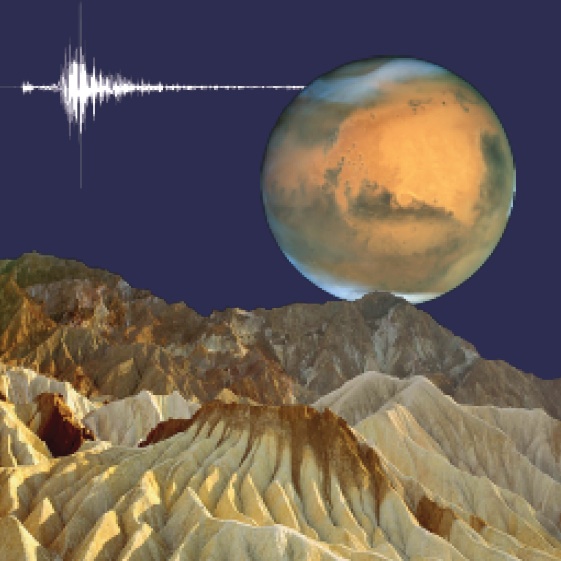 Both Master courses train professionals capable of entering, at the international level, the fields of fundamental and applied research in Earth and planetary sciences. You will develop knowledge and skills in in geomatics, remote sensing, and quantitative data analysis, enabling you to integrate the spatial and temporal dimensions of geological, geophysical and geochemical processes in various planetary contexts.
Both Master courses train professionals capable of entering, at the international level, the fields of fundamental and applied research in Earth and planetary sciences. You will develop knowledge and skills in in geomatics, remote sensing, and quantitative data analysis, enabling you to integrate the spatial and temporal dimensions of geological, geophysical and geochemical processes in various planetary contexts.